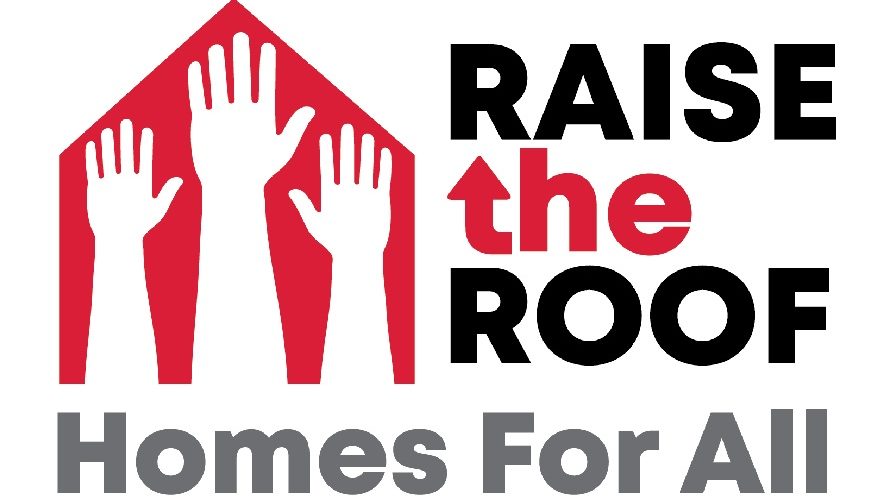Last month we saw the largest housing demonstration in Dublin so far, under the banner of Raise the Roof, as more than 20,000 citizens took to the streets.
This campaign, launched by the ICTU, is going from strength to strength as the trade union movement takes the lead, uniting with community activists and various political groups to demand public housing for our people and for the right to housing to be guaranteed in the Constitution of Ireland. The large numbers on the march clearly demonstrate the importance of the trade union movement being in the forefront of the campaign and involved in the solution to the housing emergency.
Within the ranks of broadly based campaigns such as this there will always be individuals or groups who insinuate themselves with the sole purpose of lessening the demands to something that the establishment is willing to concede. Despite this, speaker after speaker at the demonstration demanded that the state build public housing, and stop paying subsidies to private landlords and property speculators.
The fact of the matter is that the provision of a home, even at market value, costs half what private landlords are subsidised for doing. We must go much further than the state buying houses off property developers at inflated prices: we need not only to “raise the roof” and draw attention to the housing crisis but to raise the demands to a permanent solution.
We need publicly built and publicly owned homes, on public land. This removes the profit element of financiers, solicitors, estate agents, architects and builders from the cost of supplying a home. It makes no sense to involve the private sector in the equation, whose sole purpose is to extract profit from the provision of homes, resulting in fewer homes.
The next barrier that needs to be removed is an income-level qualification for public housing. For public housing to be taken out of the category of accommodation of last resort it must be made universally accessible to all citizens, no matter what their income. This will result in a wide social mix, with residents of public housing no longer ghettoised in public-housing estates, inhabited only by low-income families.
At present, income restrictions in Dublin impose a maximum earning threshold of €35,000 per year for a single person and €42,000 for a couple with children, with an average 15 per cent lower outside Dublin.
The next barrier is the narrative that public housing is giving people a “free house.” This has to be exposed for the lie that it is. It is utter nonsense, circulated by the property class in their own interests.
In 2017, public-housing tenants paid rents of €351 million to local authorities. In Dublin, the total rent paid to local authorities was €78 million. Average rent is €272 a month. This is income-linked at 15 per cent of household income, including social welfare payments, shift allowance, overtime, bonuses, etc. The only income that is exempt is child benefit, charity payments, and fuel allowance. So it is a long way off a “free house.”
The lessening of demands comes in the form of the “cost-rental model,” which we have written at length about in Socialist Voice and is now being called for by Raise the Roof. The cost of this model comes in at €1,500 a month in St Michael’s Estate, which is ridiculous, and unaffordable, and puts the full cost of building and maintenance on the tenants, who will never actually own the home.
This policy model needs to be dropped. It is put out by those who want to see the private gravy train of HAP, RAS and subsidies continue for their class. Under the present system, household income would have to be €120,000 a year to warrant rent levels equal to this. Are the councillors who champion this policy going to raise the rents of existing tenants, which would inevitably happen if this model was allowed to slip into the public housing system?
Others who claim to be on the left want everything to be “fully costed” and “within budget.” The point they are missing is that this would be the neo-liberal budget. If the working people of Ireland are to regain any level of equality in their lives, neo-liberalism must be smashed, not tinkered with.
If proof was needed, the housing emergency demonstrates the failure of neo-liberalism for the ordinary working people of this country. Incomes have stagnated; property prices have soared, along with rents. The vast majority of work is now precarious work, and now so too is shelter.
For the first time in our history, private rented accommodation is the main form of tenure in our cities and towns. At the same time, 53 per cent of all properties sold last year were paid for in cash.
This is the reality of neo-liberalism: the widening divide and inequality that is devastating communities. A new super-rich property class has emerged, along with the influx of huge international finance corporations coming into Ireland to feed off the misery of our people who can no longer afford a home.
Profits available on rented accommodation in Ireland are among the highest in the world, as the politicians have fulfilled their plan to make Ireland “the best little country in the world to do business in”—to benefit a tiny elite, at enormous cost to the rest of us.






